I spent the year studying human nutrition in the MS program at Columbia. It was great. Intense, but great. I get a lot of food questions. And a lot of people asking me things like “What’s better/worse for me? XX or XX?”
This question drives me a little nuts, because first of all, all foods have vastly different nutritional make-ups, from the different sorts of fats they contain in different ratios, to their vitamin and mineral content, to the amount of fiber the contain, and every human is different and has different needs.
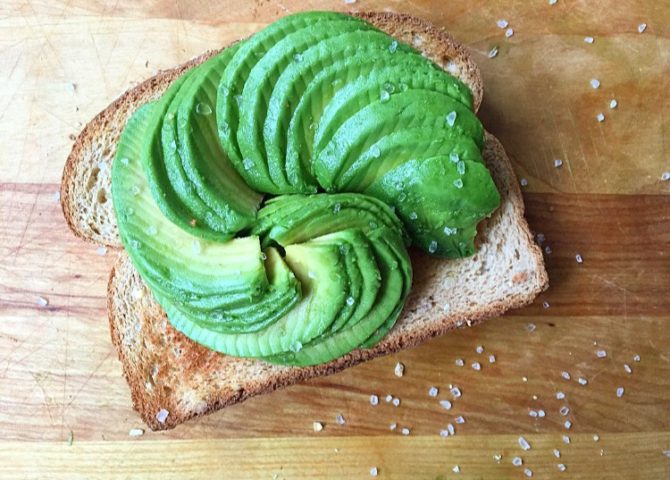
Photo by Katie Harman
At times I feel like studying nutrition so deeply at a scientific level can sort of make me feel a bit removed from the day-to-day eating aspect of it. I’d be lying completely if I told you I didn’t spend many nights this year stress-eating my way through mountains of chocolate and cookies and 2 am bowls of peanut butter-loaded oatmeal to get me through the hours upon hours of studying and extreme pressure I faced.
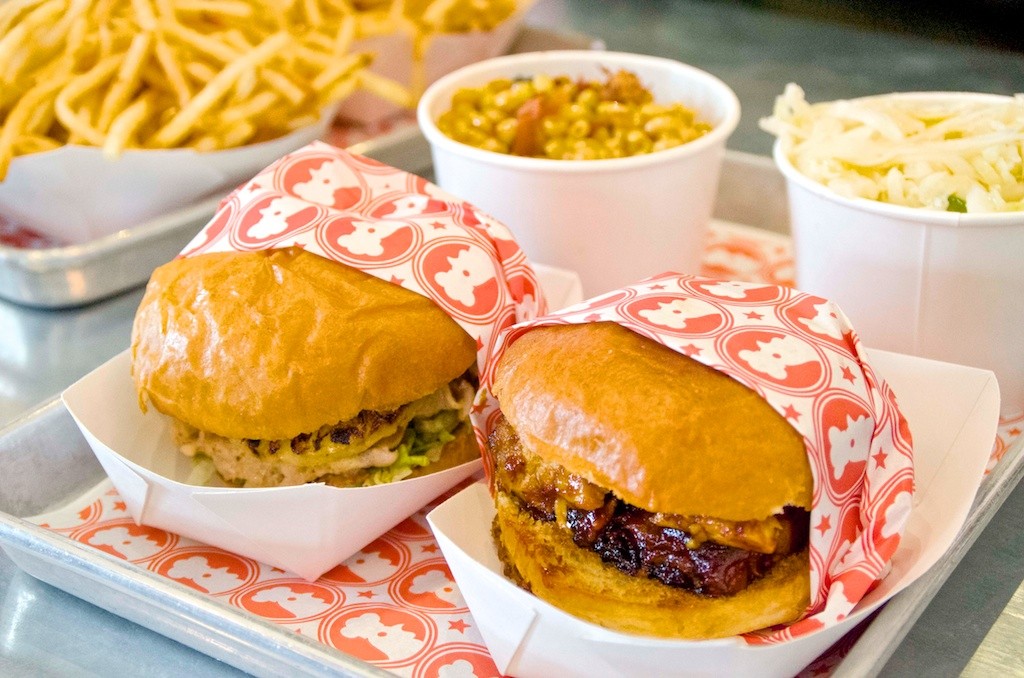
Photo by Becky Hughes
Have I changed my eating habits since learning so much about nutrition? Yes, I have. But one I’ve recently checked in with with myself, which is something I feel like many adults struggle with, is a concept called intuitive eating.
I write a lot about nutrition, and what choices are hypothetically better-for-you and whatnot, and why I won’t do a juice cleanse, but at the end of the day, I think it’s also important to mention that every body is different, and every body has different needs. You know your body best and you should feed it, exercise it, and take care of it appropriately.
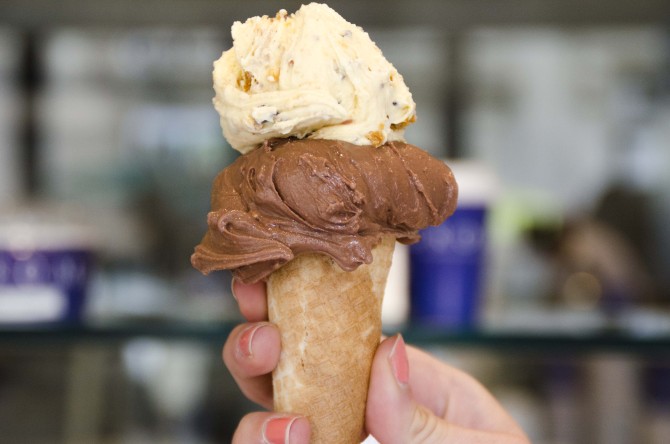
Photo by Becky Hughes
What do I mean by this? Well, do you ever find yourself out at brunch and everyone around you is ordering a burger and you are really craving greens and want a salad but you don’t want to be that person who eats a salad when everyone around you is eating burgers? Or get comments about ordering something like veggies instead of fries because, “Oh you must be trying to be healthy?” This has happened to me.
It’s also happened to me many times in the reverse: I’ll be out with friends who ban the bread basket from the table, push their food around their plate, and moan on and on about the diet they’re on while I’m inhaling a giant sandwich, fries, and suggesting dessert, to their disgust. I’ve been out on dates and tripled the food consumption of several guys, and sometimes I wonder if they think I’m weird.
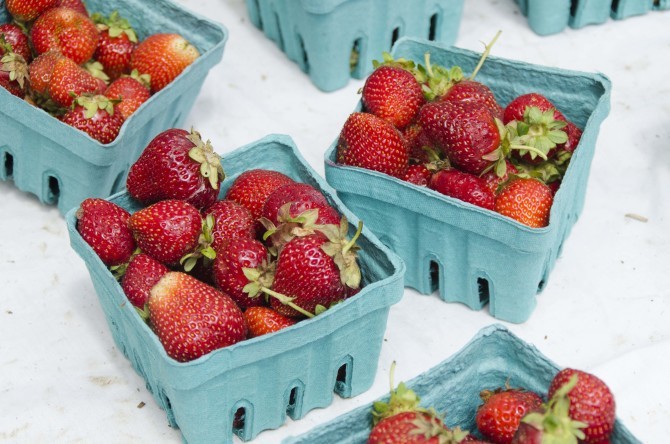
Photo By Becky Hughes
This used to make me super self-conscious. Even recently, I went out to sushi with a girl who ate 3 single pieces of sushi, while I inhaled 2 rolls, a salad, and needed a bowl of cereal and some ice cream before bed. It made me feel a little weird: was I eating too much? Do most people eat way less than me? But I quickly reminded myself that I was genuinely hungry, and my body needed the food. And that’s totally okay.
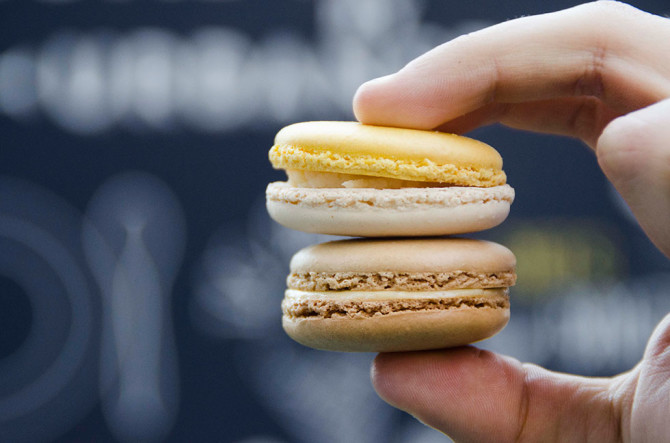
Photo by Becky Hughes
Sometimes it’s difficult to ignore the food choices of those around you and all the food trends and diets and food rules that bombard the internet and your daily life. It’s actually honestly quite hard to listen to your body at times. But I think, even with a nutrition degree, that it’s super important to mention this and ask you to ask yourself to check in with your body.
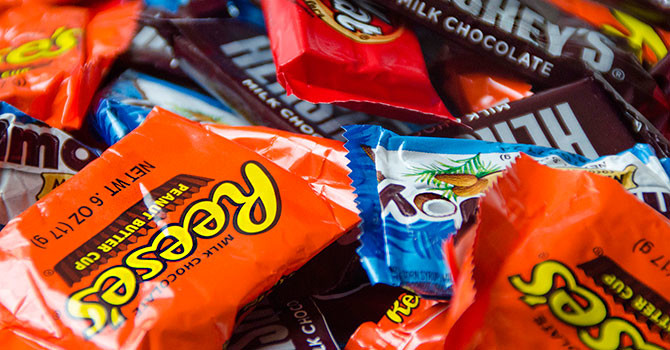
Photo by Becky Hughes
Ask yourself some of these questions: Are you ordering something you want, or ordering something based on what people around you are getting? Are you asking for gluten-free bread on your sandwich because you think it’s healthier, or because you have an intolerance? Are you not allowing yourself a late night snack when your tummy is rumbling because you’ve heard you “shouldn’t eat after 9pm,” or are you listening to your body and feeding it properly?
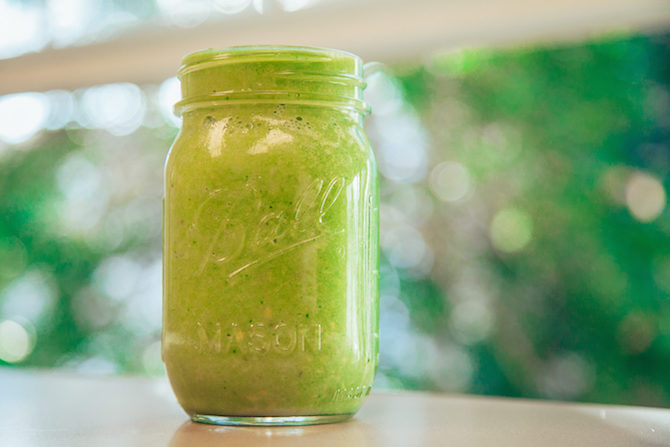
Photo by Yonatan Soler
Are you eating doughnuts in a meeting because they are there and you are bored and everyone else is eating them, or are you actually hungry for a doughnut? Are you eating ice cream while studying because you’re hungry, or are you using food to cope with stress? Are you actually enjoying your strenuous daily workouts even when you’re tired, sore, or sick, or are you listening to your body and allowing it to rest when it needs to? And are your workouts motivated by the desire to improve your health, strength, and happiness, or are they based on the fear that if you don’t exercise you will get fat?
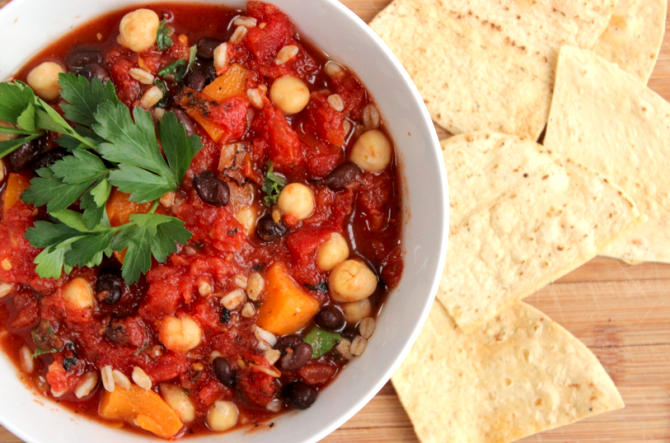
Photo by Katherine Baker
If food guilt is something you struggle with, take a step back and check in with yourself. Channel your inner 4-year old. 4-year olds don’t think about food as anything besides what it is: food. They eat when they are hungry. They stop when they are full (toddlers often will often do things like eat half an ice cream cone; I don’t think I’ve ever admittedly done this in my adult life, even when I’m full). They see a cupcake and think: “Oh yum! A cupcake!” instead of “That’s gonna make me fat.” They run around and play and get exercise because it’s fun to them. And they nap when they’re tired.
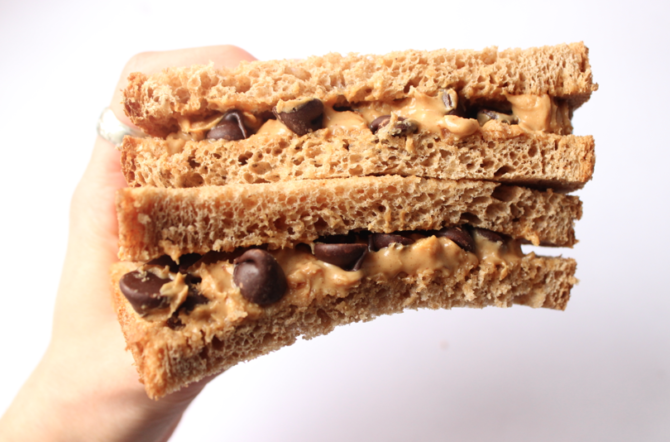
Photo by Katherine Baker
I guess the point is that a lot of times we overcomplicate food choices. Remember that no one single food choice is going to make you fat, skinny, healthy or unhealthy. Life is about balance and you have to do what’s best for you. Every day is different. Listen to your body! It’s much smarter than you probably give it credit for.


